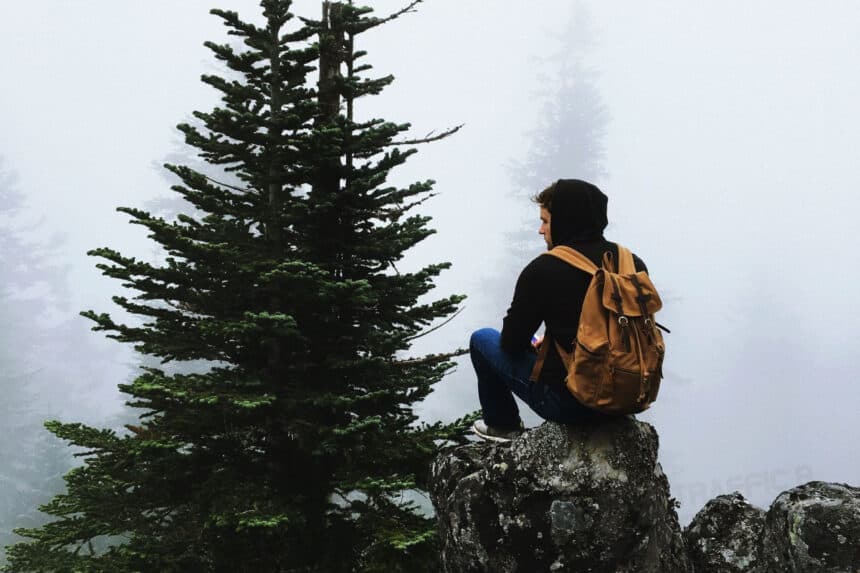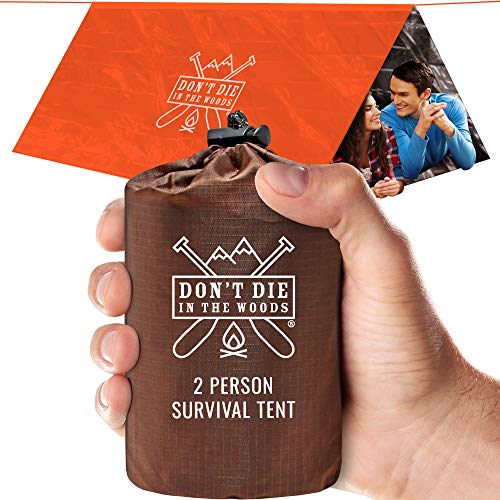When you’re out in the wild, knowing survival skills can make all the difference. Whether you’re lost, dealing with a natural disaster, or just facing tough conditions, having the right know-how and gear can help keep you safe. In this guide, we’ll cover the basics of wilderness survival, including important techniques, must-have gear, and how to stay mentally tough when things get hard. Master these skills, and you’ll boost your chances of surviving in the wild.
Key Survival Skills
1. Building Shelter
One of the first things to focus on in the wilderness is building a shelter. Without it, exposure to the elements can be life-threatening. Shelters help keep you warm, dry, and safe. Depending on what’s around, you can build a debris shelter, a lean-to, or use natural formations like caves. The key is making sure your shelter is insulated and protects you from the wind, rain, or snow.
2. Fire Starting
Fire is essential for warmth, cooking, and purifying water. It’s also a great way to signal for help. Being able to start a fire without matches or a lighter is a key skill. Learn how to use a fire starter, flint and steel, or even friction-based techniques like the bow drill. Gather tinder, kindling, and fuel to keep the fire going. Practice these skills before you actually need them in a real-life survival situation.
3. Finding Water and Food
Water is critical for survival. Knowing where to find it and how to purify it is crucial. Look for streams, rivers, or lakes, but avoid standing water—it may contain harmful bacteria. Boil the water, use purification tablets, or filter it before drinking. As for food, learn to identify safe edible plants and insects. Knowing basic hunting or fishing techniques will also help you find nourishment in the wild.
4. Navigating the Wilderness
Getting lost in the wilderness can be dangerous. Learn how to navigate with a compass, read a map, and use landmarks to guide you. GPS devices and smartphone apps are also handy, but they can fail. Basic navigation skills can keep you on track. Before heading out, study the area and map out your route to prevent getting lost.
5. Signaling for Help
If you’re in trouble, knowing how to signal for help is important. Use visual signals like mirrors, fires, or reflective materials. Auditory signals, like whistles or banging on metal, can also attract attention. Make sure to know the standard distress signals, like three blasts of a whistle or three fires in a triangle, so rescuers can find you more easily.
6. Administering First Aid
Injuries are common in survival situations, so having basic first aid knowledge is key. Learn how to treat cuts, burns, fractures, and sprains. Knowing CPR, how to control bleeding, and how to handle allergic reactions or bites can be lifesaving. Taking a first aid course and keeping your skills sharp will help you be prepared.
Essential Gear for Survival
Having the right gear is just as important as having the right skills. Your survival kit should include:
Knife: A multi-use tool that helps with cutting, preparing food, and building shelters.
Fire Starter: Matches, lighters, or a fire starter for quickly igniting fires.
Shelter: A lightweight tarp or emergency bivvy for protection from the elements.
Water: A durable container and a portable filter or purification tablets for safe drinking water.
Navigation Tools: A compass, map, and GPS device for finding your way.
First Aid Kit: A well-stocked kit for treating injuries.
Multi-tool: A tool with various functions like pliers, screwdrivers, and saws for quick fixes.
Flashlight or Headlamp: A reliable light source for nighttime navigation.
Emergency Communication Device: A whistle, signal mirror, or personal locator beacon to call for help.
Some pre-made survival kits, like the EVERLIT 250-Piece Survival First Aid Kit, can provide a solid foundation and save you time.
Mental Toughness in Survival Situations
Survival isn’t just about skills and gear. Your mindset matters, too. Fear and panic can cloud your judgment. It’s important to stay calm, assess the situation, and make clear decisions. Staying positive, adapting to new challenges, and thinking creatively can keep you going when things get tough. A strong mind is just as important as a sharp knife when it comes to survival.
Final Thoughts
Surviving in the wilderness requires preparation, skills, and the right mindset. By mastering key techniques like shelter building, fire starting, and finding food and water, you’ll be well-equipped for any survival scenario. Having the right gear and staying mentally strong will further improve your odds. With these essentials, you can face the challenges of the wild and come out stronger on the other side.































